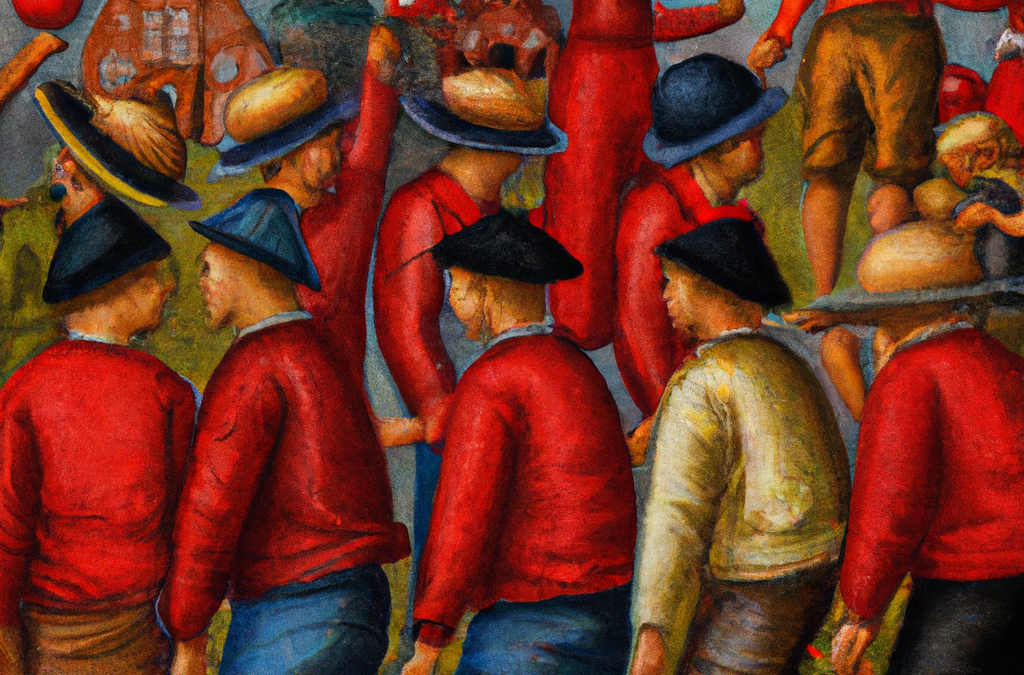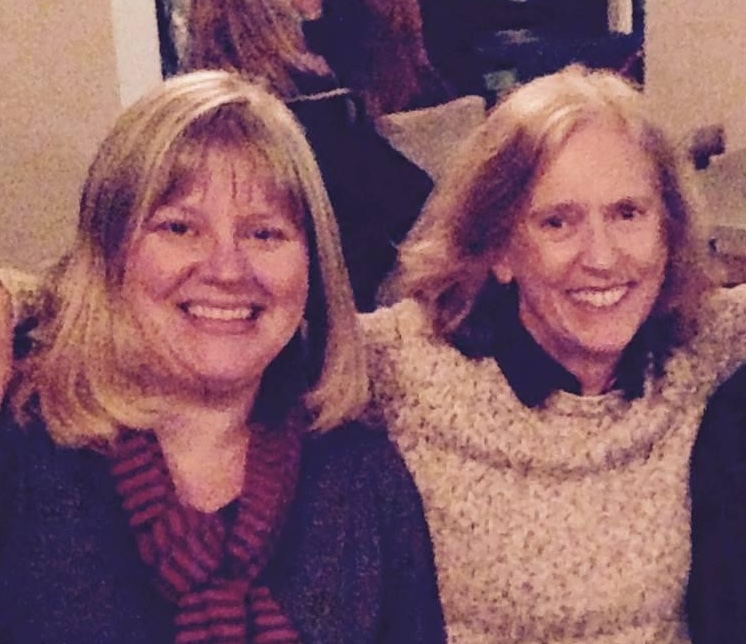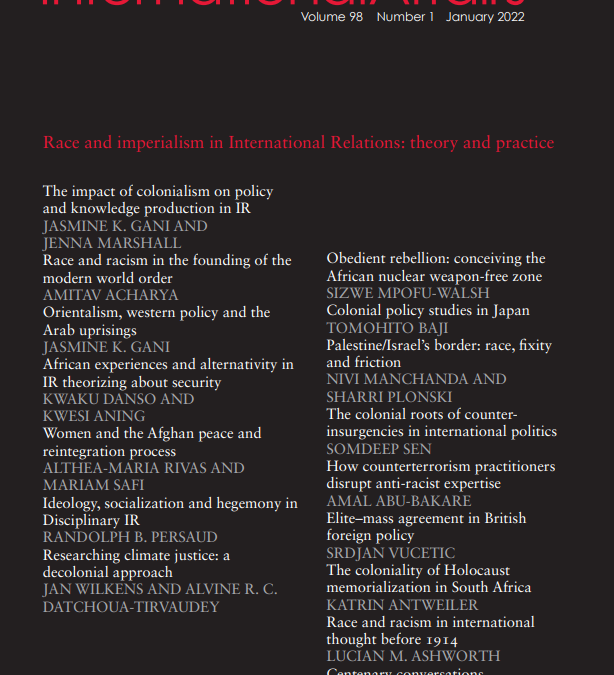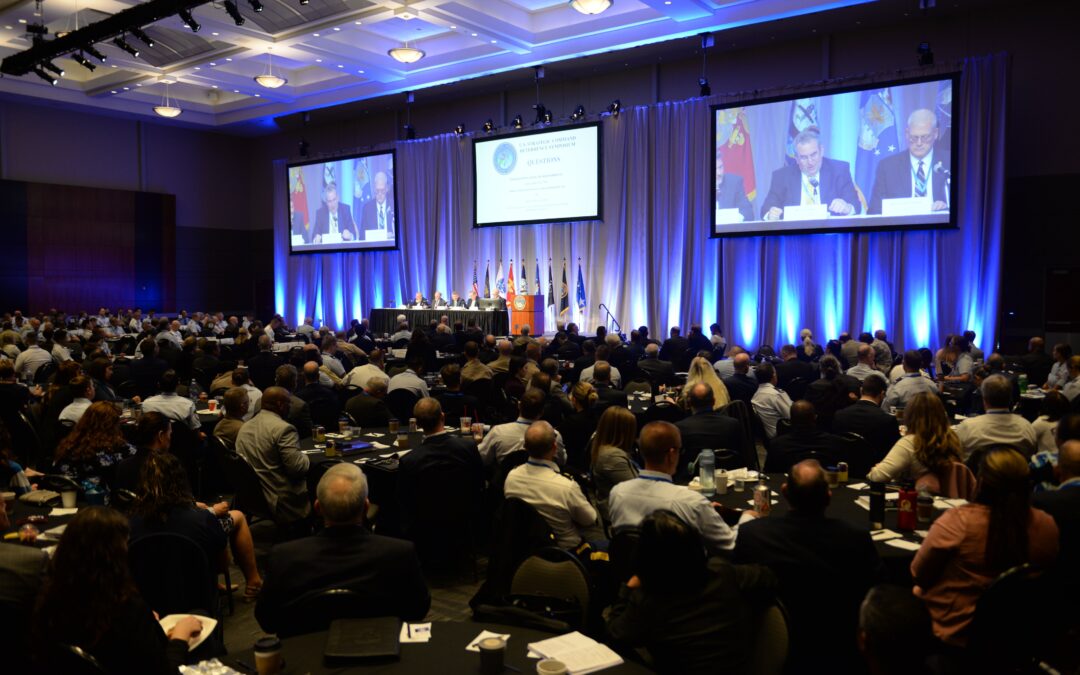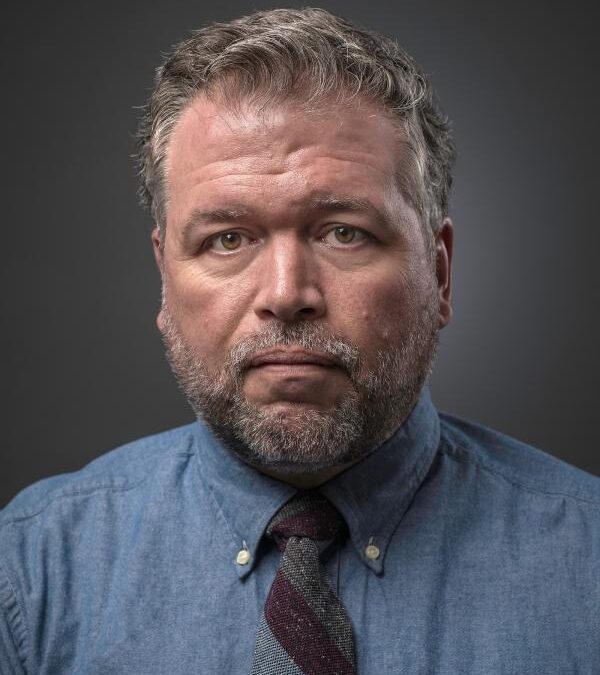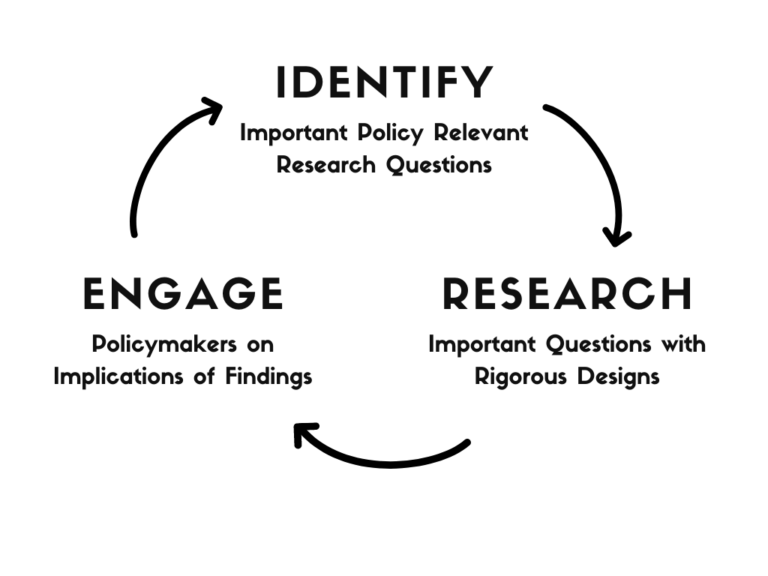I started this post sort of confessionally. It's been a while since I wrote on the blog. I had started one earlier this year on the destruction of USAID and PEPFAR but redirected my energy into advocacy (such as it was). One reason for my relative absence on the blog...

